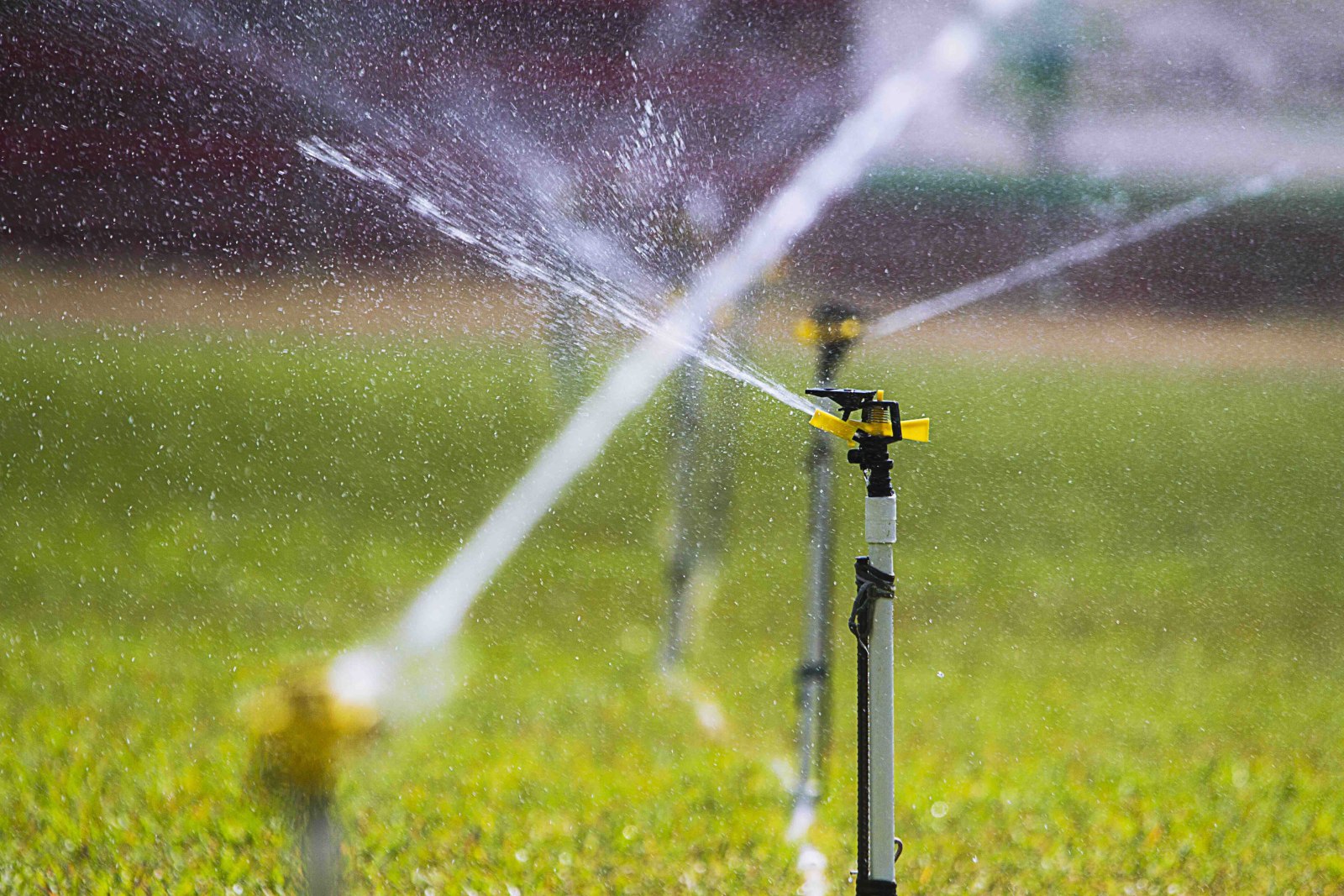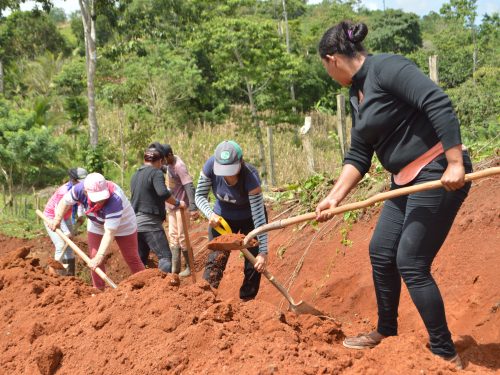
In November of last year, several Nosara parents filed a complaint with the Ministry of Health after observing that some children at Serapio López School had stomach problems, allegedly for drinking the water at the institution.
With this kind of complaint, the Ministry of Health was responsible for issuing a sanitary order to the Costa Rican Water and Sewage (AyA) Institute to perform the respective studies; however, when consulted this July, the manager of the Nicoya office of AyA, Max Gomez, said there are no signs or registration of an alleged complaint and therefore no information on conducting a bacteriological study at the school during the month of November 2012.
“We (AyA) performed constant water studies in the area during the year to ensure that it is potable. In the case of receiving a specific order by the Ministry of Health for an analysis of the water supply, we refer it to the area in charge of the zone, which in this case would be to the Nosara ASADA so they take action on the matter,” said Gomez, who assured that he doesn’t have any record in his files of any order for a water study by the Ministry during last November.
Cecilia Vázquez, professor and Blue Flag coordinator at the school, said that since the incident, they have taught the children to bring their own bottle of water.
However, she said that many people still drink the facility’s water without presenting any change in health. “It is impossible to prevent children from drinking from the faucet. However, we have not had a significant alert of health problems due to consuming the water,” said Vazquez.
Despite the irregularity in the alleged complaint with the Ministry of Health, Christoph Hubmann, president of the Nosara ASADA, has the results of a study conducted in February 2013 by the National Water Laboratory of AyA and another one by the Environmental Analysis Laboratory of the National University.
The results show that the water coming out of the Nosara community’s five wells, including a sample fromSerapio López School, is potable, and according to Hubmann, this shows that the water doesn’t have any major changes that could worry the community.
“Both studies show positive results, that is to say, we are within acceptable levels of water supply in the community,”commented Hubmann. The National University will cooperate with the Nosara ASADA for five years, conducting studies of the water three times a year to thus have a better regulation of water for the health and wellbeing of those who live in the area, as a complement to the ongoing studies by the National Laboratory.
“In my experience, the situation last year, with health problems in several school children, may have been a result of the constant changes in water quality due to rainy season and floods and their impact on the water supply,” Hubmann speculated.
It should be noted that the Nosara ASADA currently is in legal trouble because they do not have operating permits from the Ministry of Health.
“Our ASADA is in trouble in the sense that we do not have the corresponding books for the Association and also the grace period for registering has lapsed,” said Hubmann, who is determined to hasten the process of legalization.
On Saturday, July 27, the ASADA was able to hold a General Constitutive Assembly, which was attended by only 16 of the 600 subscribed users. They succeeded in constituting the association and electing a new five-member board plus a fiscal, although they still have to do the inscription process.
Hubmann remains the president of the ASADA. Other members are Jose Vinicio Reyes Aviles, vice president; Edith Quiros Avila, secretary; Alicia Artavia Villegas, treasurer; Maritza Arrieta Garcia, Vocal; and Joaquin Aviles Majorga, fiscal.







Comments